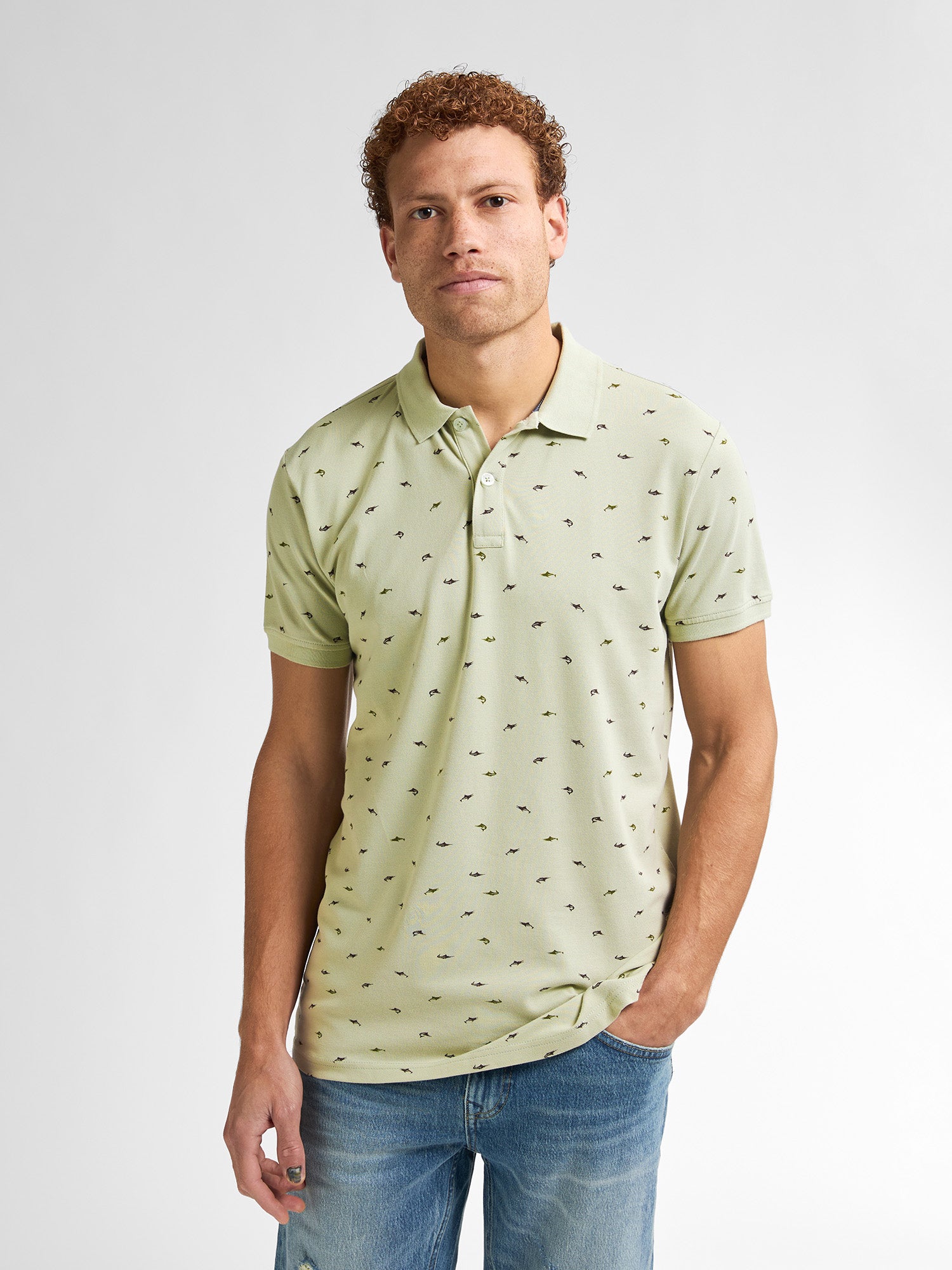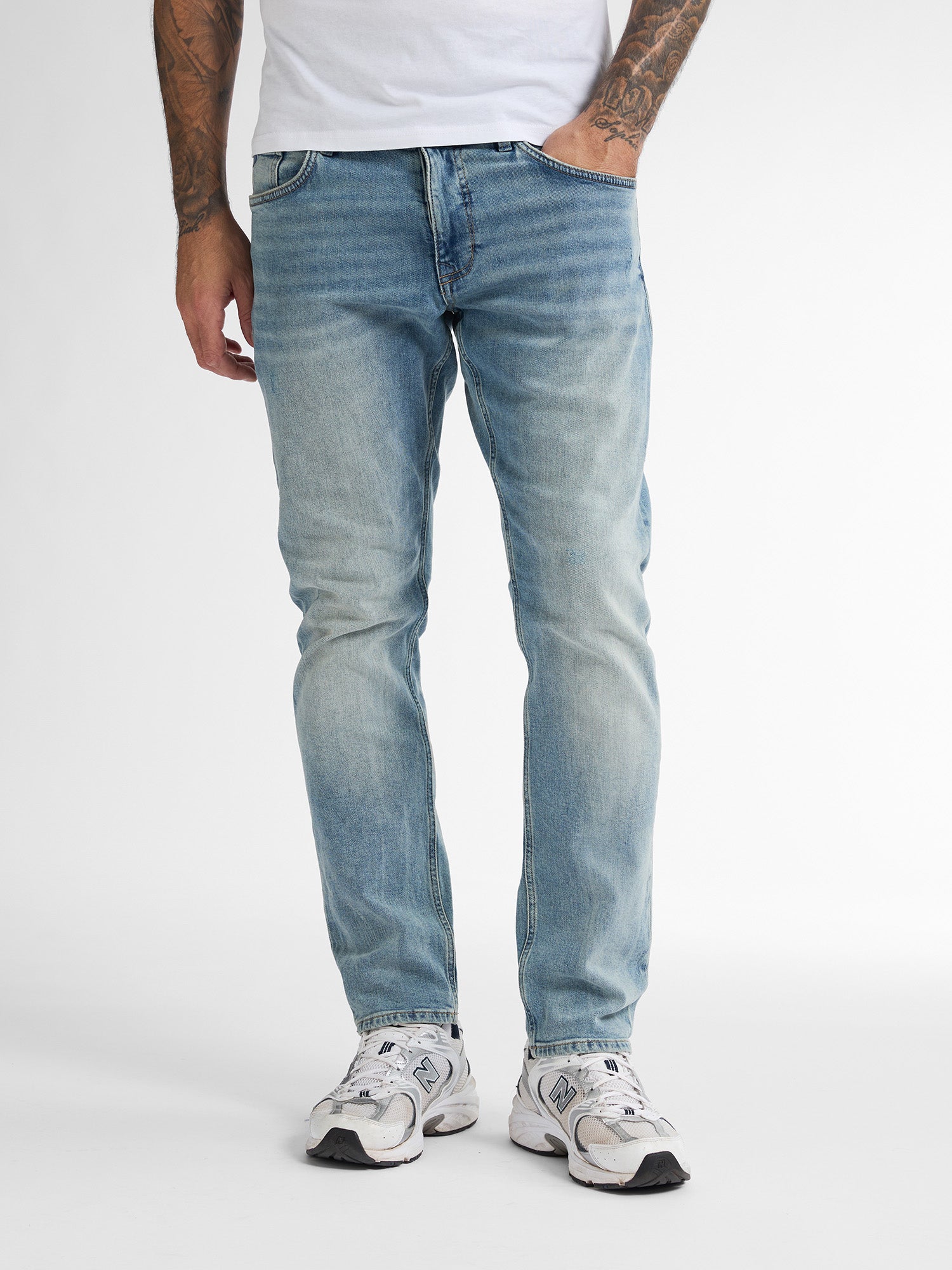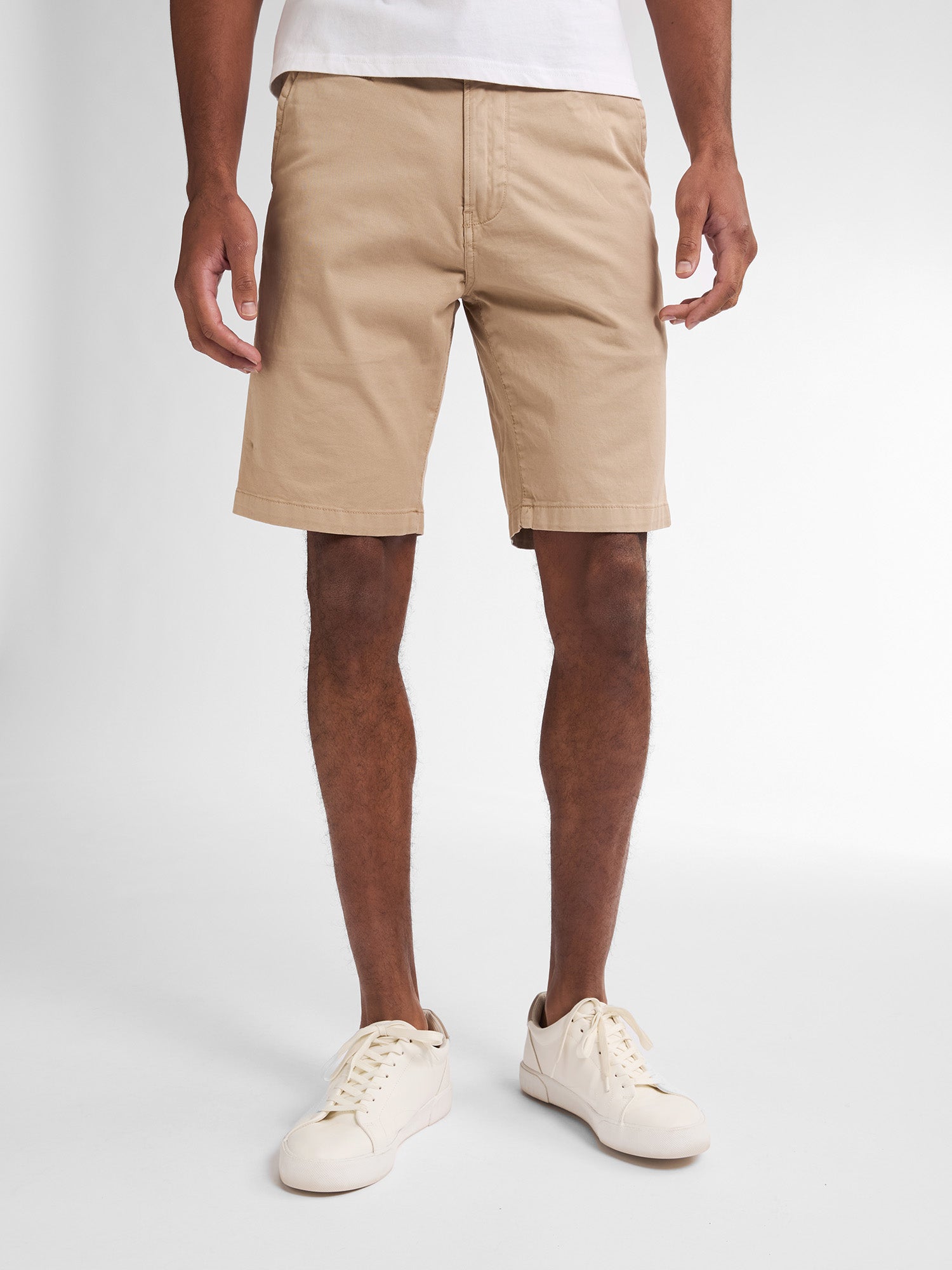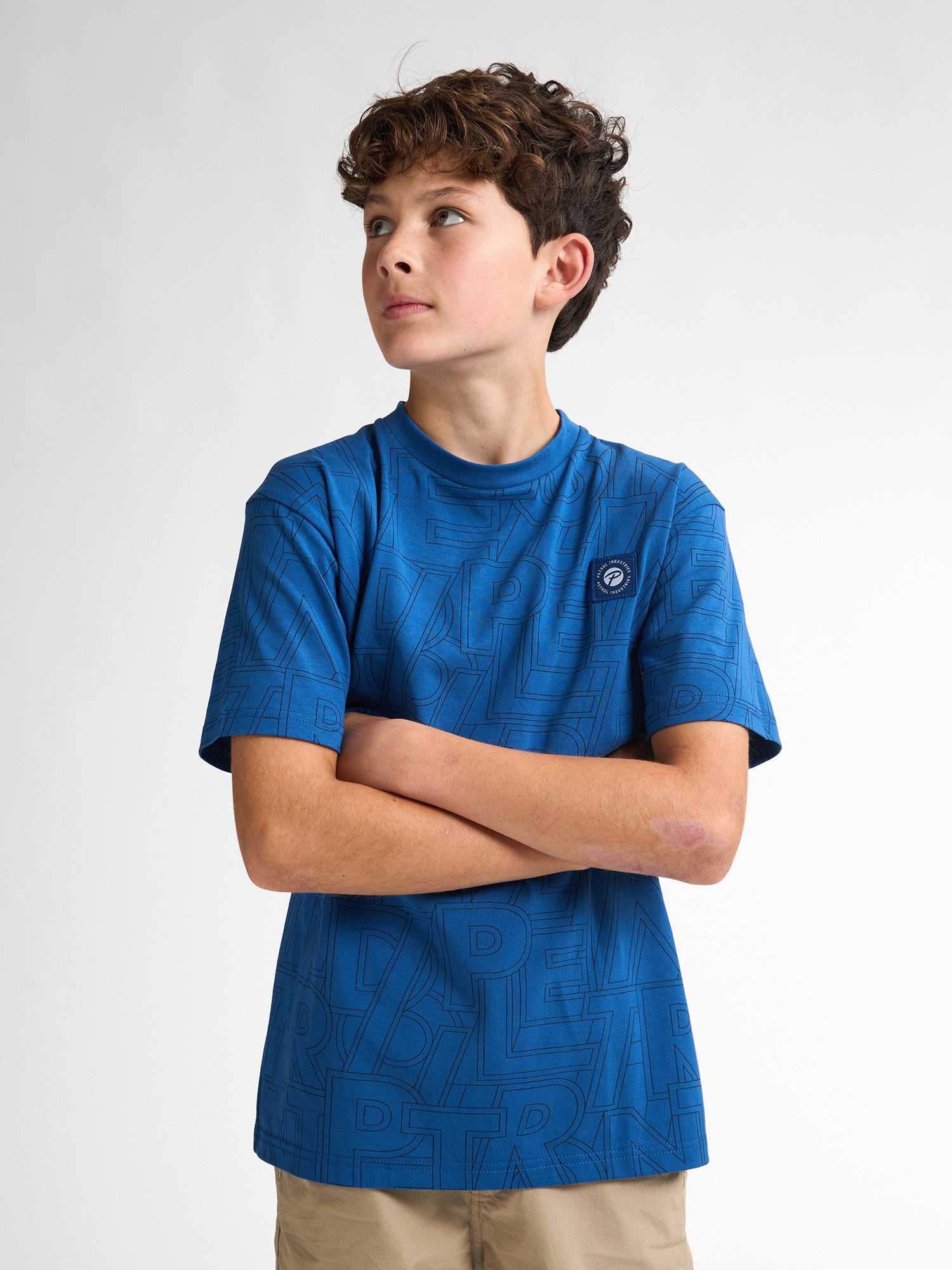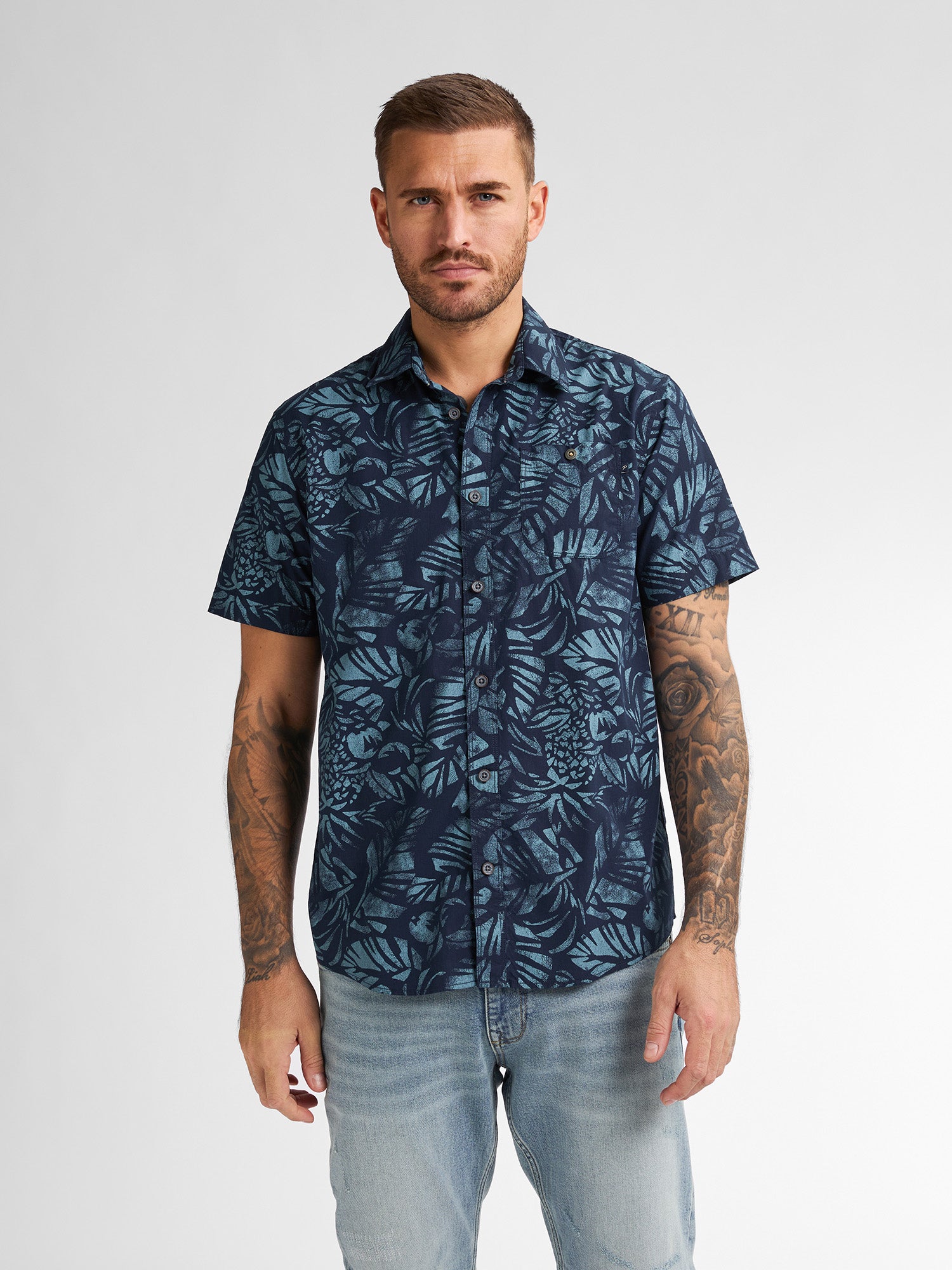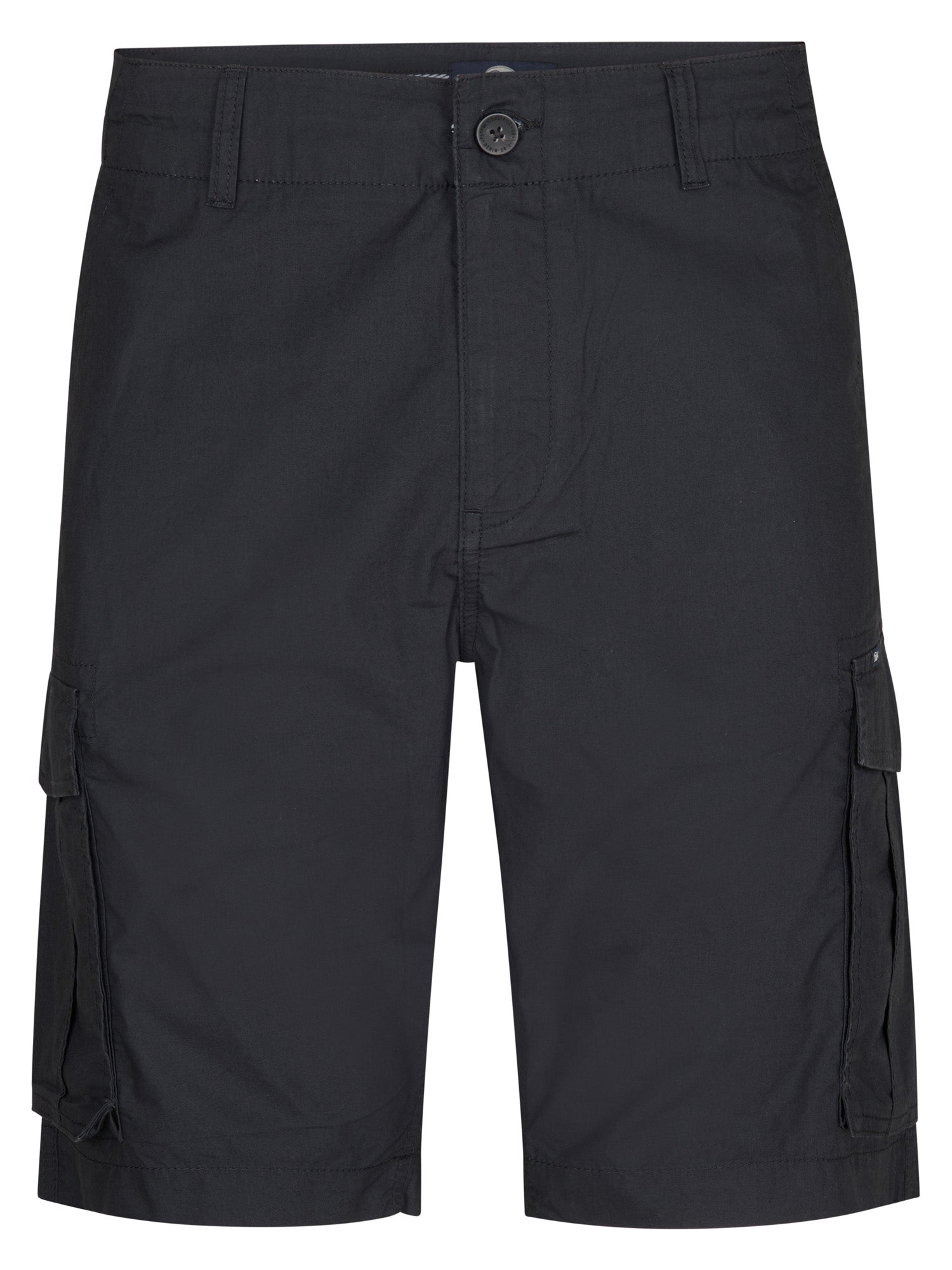At Petrol Industries, it's not just about the clothes – it's about responsibility. We are committed to making a difference by implementing sustainable practices at every step. From the fabrics we use to the way we produce, we're driving toward a cleaner future.
FABRICS
The sustainable items in our Road to a Cleaner Future collection are made out of different kind of eco-friendly fabrics:
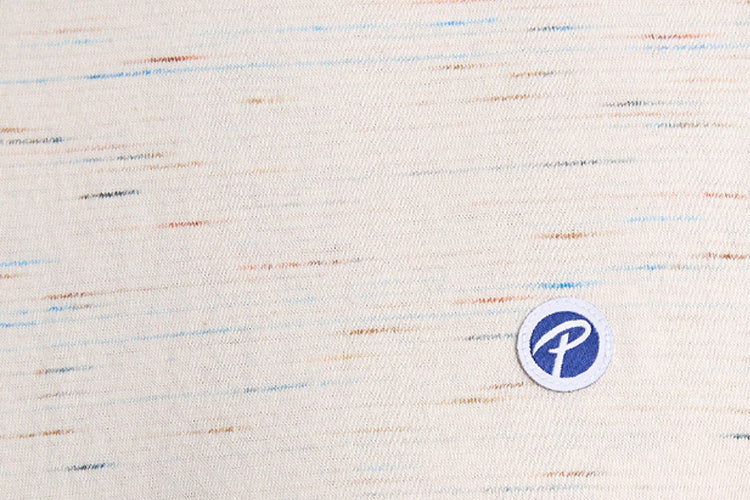
BCI COTTON
The Better Cotton Initiative (BCI) aims to improve the sustainability and improvement of cotton production from cotton farmer to end product.
They have three important pillars: the position of cotton industry workers, the environment, and the future of the cotton industry. BCI guides cotton farmers around the world in their business and their goals. A BCI cotton farmer meets the 7 criteria of the BCI and is allowed to sell their cotton as Better Cotton.
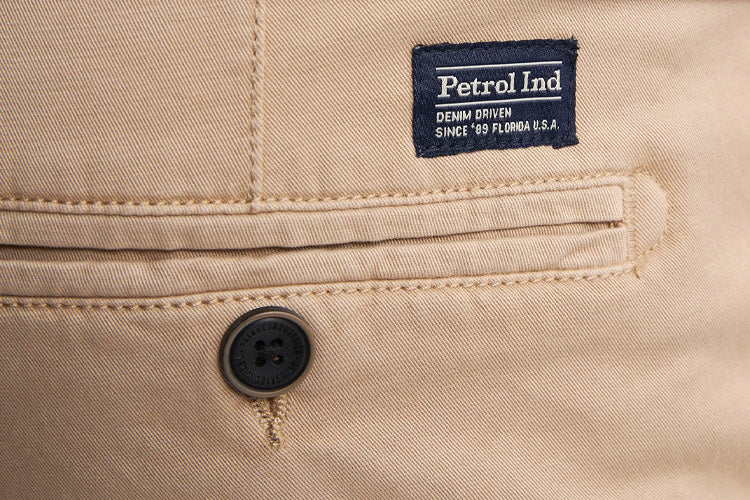
RECYCLED COTTON
Recycled cotton is an environment friendly cotton made out of residual fabric or old clothing. The process is the same for both origins.
The fabrics are sorted by color. This way, there won’t be needed as much dyes later on in the process. After this, the fabrics are grinded – from this arises new raw material. This can be spun into yarn and eventually into cloth. Recycled cotton is even more sustainable than organic cotton, since there is no need to grow new cotton and therefore it has only a small environmental footprint.
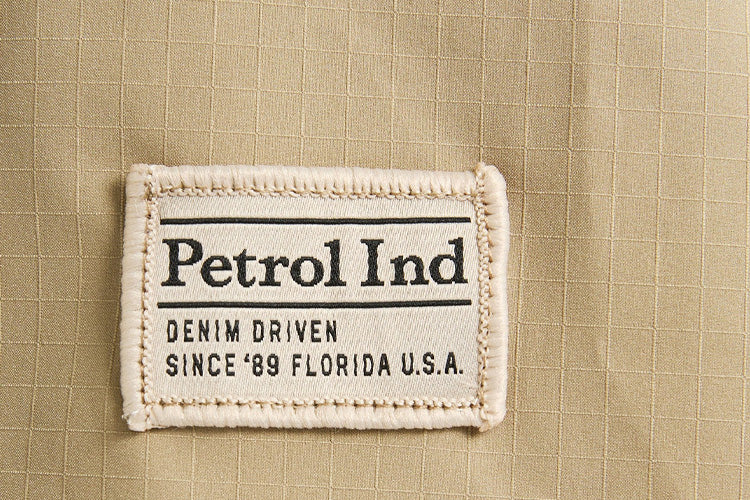
RECYCLED POLYESTER
A selection of our sustainable items is made out of
recycled polyester or equipped with a recycled polyester padding. This polyester (padding) is made out polyester waste, such as old PET-bottles. These PET-bottles are being melted after usage which can eventually be spun into a new piece of clothing. When making this recycled polyester (padding), 75% less CO2 is being produced than
with a ‘regular’ polyester padding.
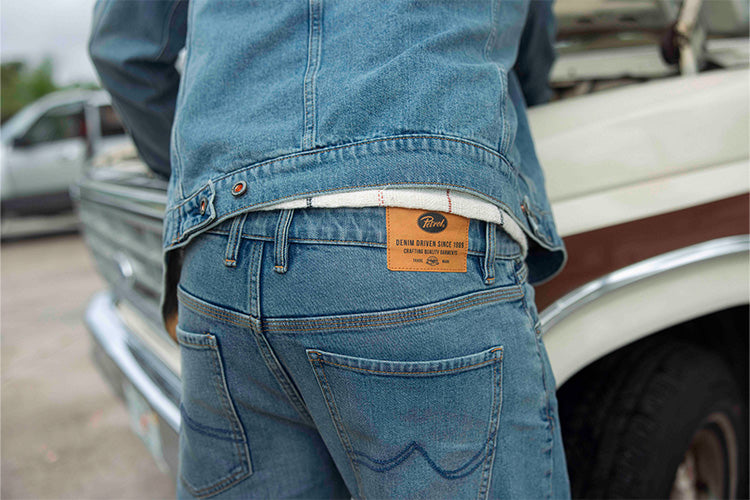
SUSTAINABLE DENIM


